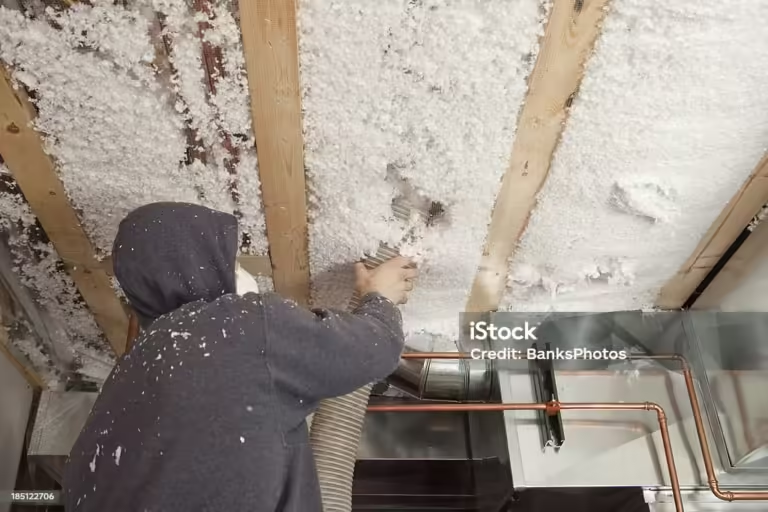Imagine you’re faced with a dilemma: your neighbor’s dog constantly barks, or perhaps their cat is constantly in your yard, wreaking havoc on your garden. You might wonder what steps you can take to address the situation without escalating tensions. One option is to call animal control. But what happens next? Let’s delve into the process and what you can expect when you make that call.

Animal Control Role:
- When you call animal control on a neighbor, they typically investigate the situation.
- This involves gathering information about the reported issue, such as the type of animal and behavior observed.
- Animal control officers may visit the location, speak to witnesses, and assess the situation firsthand.
- Based on their investigation, animal control may take various actions, such as issuing warnings or citations.
- In severe cases, they may remove the animal from the premises if it poses a danger to public safety or is subject to neglect.
- Calling animal control on a neighbor can strain relationships, so it’s crucial to approach the situation tactfully.
- Open communication with the neighbor and understanding local ordinances can help navigate any potential legal implications.
- Ultimately, working together with the neighbor and animal control can address issues effectively while preserving neighborhood harmony.
Understanding Animal Control
What is animal control?
Animal control agencies are tasked with enforcing laws and ordinances related to animals within a community. They ensure the welfare of both animals and humans, addressing issues such as stray animals, animal cruelty, and public safety concerns.
Their role in the community
Animal control agencies are tasked with enforcing laws and ordinances related to animals within a community. They ensure the welfare of both animals and humans, addressing issues such as stray animals, animal cruelty, and public safety concerns.
Reasons for Calling Animal Control
There are several reasons why you might need to reach out to animal control:
Nuisance animals
Persistent barking, wandering pets, or animals causing property damage can be considered nuisances. These situations can disrupt the peace in a neighborhood and may require intervention.
Animal cruelty concerns
If you suspect that an animal is being mistreated or neglected, contacting animal control is essential. They have the authority to investigate such claims and take appropriate action to ensure the animal’s well-being.
Dangerous animals
Encounters with aggressive animals pose a significant risk to public safety. Calling animal control can help mitigate these risks by addressing the situation promptly and effectively.
What Happens When You Call Animal Control?
Initial contact and report filing
When you call animal control, you will likely speak to a dispatcher who will gather details about the situation. It’s crucial to provide as much information as possible, including the type of animal involved, the behavior observed, and your contact information.
Investigation process
Once a report is filed, animal control officers will investigate the matter. This may involve visiting the location, speaking to witnesses, and assessing the situation firsthand. Their goal is to gather sufficient evidence to determine the appropriate course of action.
Possible outcomes
Based on their investigation, animal control officers may take various actions. This could range from issuing warnings or citations to removing the animal from the premises, particularly in cases of neglect or danger to the public.
Dealing with the Aftermath
Neighbor interactions
Calling animal control on a neighbor can strain relationships, so it’s essential to approach the situation tactfully. Communication is key – explaining your concerns calmly and respectfully can help alleviate tensions and find a resolution.
Legal implications
In some cases, involving animal control may have legal ramifications. Understanding your rights and responsibilities, as well as local ordinances, can help you navigate any potential legal issues that may arise.
Preventing Future Incidents
Communication with neighbors
Open communication with your neighbors can prevent conflicts from escalating. Discussing concerns and finding mutually agreeable solutions can help maintain harmony within the community.
Responsible pet ownership
Encouraging responsible pet ownership can help prevent future incidents. This includes ensuring pets are properly trained, vaccinated, and supervised to minimize disturbances and potential risks to others.
Conclusion
Calling animal control on a neighbor is not a decision to be taken lightly. It’s essential to consider the potential consequences and approach the situation with empathy and understanding. By working together with your neighbor and local authorities, you can address issues effectively while preserving neighborhood harmony.
FAQs
What should I do before calling animal control?
Before contacting animal control, consider addressing the issue directly with your neighbor if possible. Document any incidents or concerns to provide accurate information to authorities.
Can animal control take away my pet?
Animal control may remove a pet from a situation deemed hazardous to its welfare, such as neglect or endangerment. However, pet owners typically have the opportunity to rectify the situation before removal occurs.
How long does it take for animal control to respond?
Response times can vary depending on the urgency of the situation and the workload of animal control agencies. In emergencies or cases of immediate danger, responses may be prioritized.
Can I remain anonymous when reporting to animal control?
Some animal control agencies allow for anonymous reporting, while others may require your information for follow-up purposes. Check with your local agency to understand their reporting policies.









